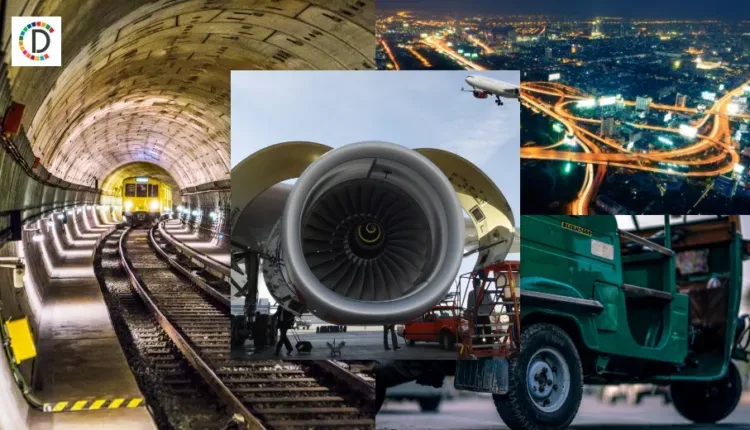
IRS targets personal use of corporate jets for tax audits
TL/DR –
The Internal Revenue Service (IRS) intends to investigate wealthy executives who use company jets for private purposes yet classify the costs as business expenses for tax purposes. The audit, made possible by the 2022 Inflation Reduction Act, will use advanced analytics to determine whether the use of company jets is correctly allocated between business and personal use. The IRS believes this initiative will increase tax collection, but has not specified the potential amount; the National Business Aviation Association has criticized the move as painting businesses negatively.
IRS Targets Personal Use of Business Jets for Tax Purposes in New Audit Drive
The Internal Revenue Service (IRS) is escalating audit efforts with a focus on affluent executives who potentially misuse company jets for personal trips while deducting the costs as business expenses. This is an integral part of the IRS’s strategy to augment revenue collections. The agency is deploying advanced analytics and other tools from the 2022 Inflation Reduction Act to scrutinize the usage of business aircraft by large corporations, partnerships, and high-income individuals.
The Inflation Reduction Act, which allocated $80 billion in new funding over ten years, is aiding IRS modernization, enhancing taxpayer services and strengthening enforcement and compliance. The impending audits will assess if the allocation of jet usage between business and personal purposes is accurate for tax implications. The number of audits may surge with favorable initial results and as the IRS ramps up recruitment of examiners.
While business aircraft usage is a deductible expense against a company’s profit, US tax laws mandate precise record-keeping for cost allocation between business and personal usage. IRS Commissioner Danny Werfel noted that expanded resources will uplift IRS efforts in this intricate audit area that has been strained by more than a decade of funding contraction and staffing declines.
Stakeholders Respond to the IRS Audit Drive
The IRS did not detail potential additional tax collections from the audits. However, they highlighted that for an executive using the company jet for personal travel, the costs should be considered as extra personal income, possibly limiting the company’s capacity to deduct associated expenses.
The National Business Aviation Association criticized the IRS audit initiative, branding it an unjust broad-brush approach towards businesses of all sizes that rely on business aircraft. The group emphasized the benefits of business aircraft usage, citing studies that display business aircraft users outperforming their counterparts.
IRS Boosts Enforcement Capabilities with Inflation Reduction Act Funding
The Inflation Reduction Act enabled the IRS to hire over 5,000 personnel for tasks like prompt phone response and tax return processing, updating obsolete technology, and fortifying enforcement by hiring thousands of staff adept at managing audits of sophisticated partnerships and tax evasion strategies. Despite this, some Republicans have chastised the Biden administration for amassing an “army” of IRS agents to target Americans over their tax bills and have endeavored to repeal the funding at every chance.
Utilizing the Inflation Reduction Act funds, the IRS initially collected $38 million from over 175 high-income taxpayers. Now, audits of an additional 1,600 wealthy taxpayers have generated $482 million in collections. Current estimates from the Treasury and IRS project that spending the full $80 billion could yield a $561 billion increase in tax collections over the next decade.
—
Read More US Economic News
